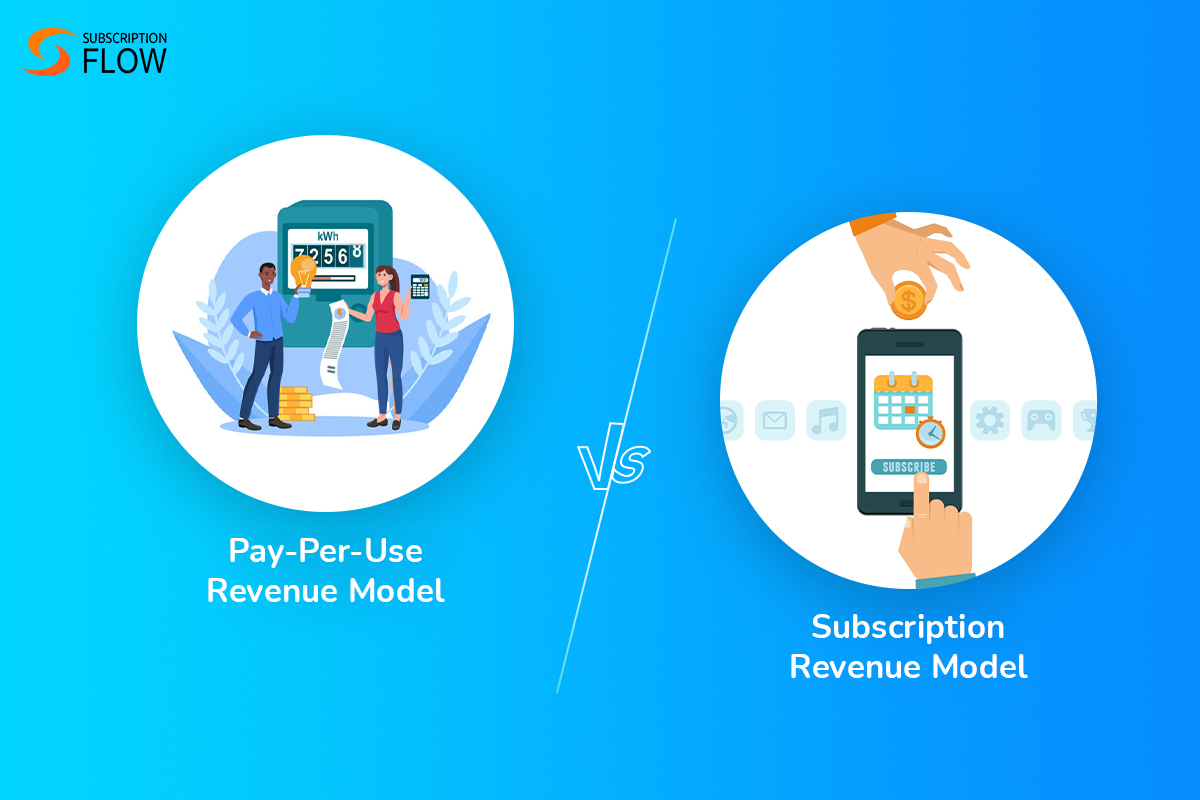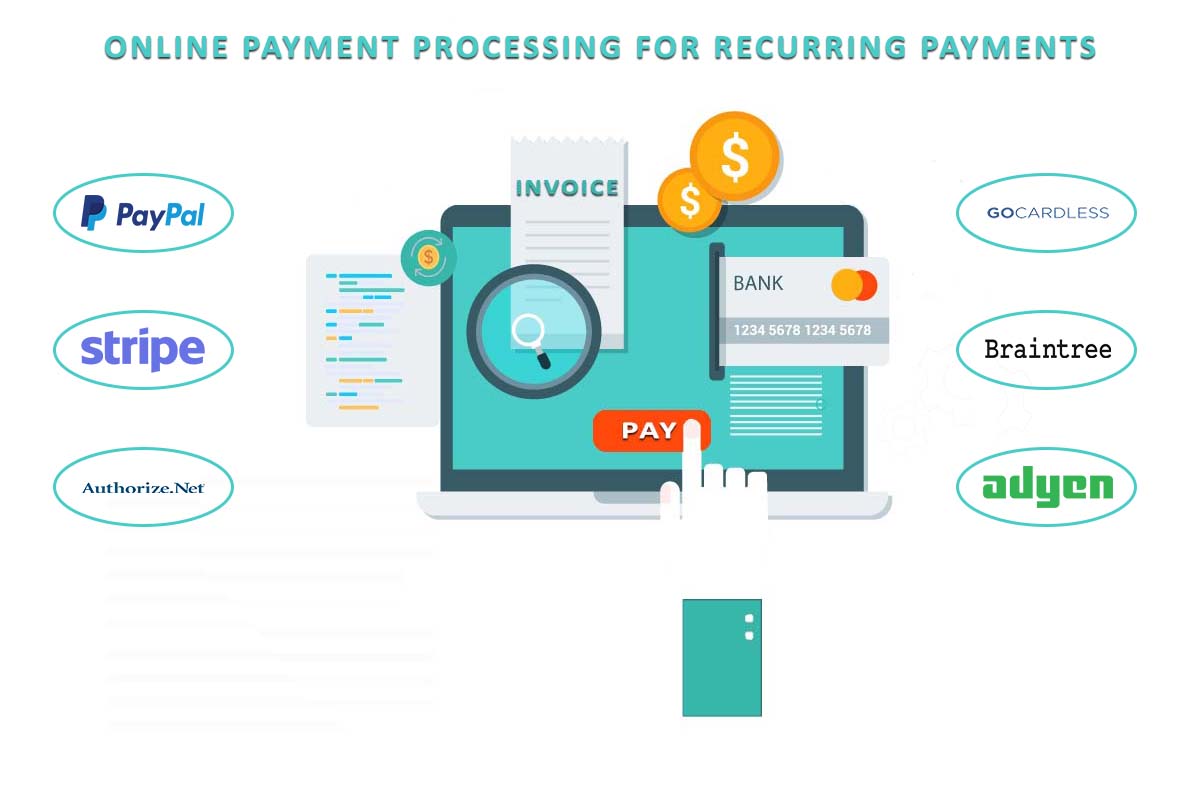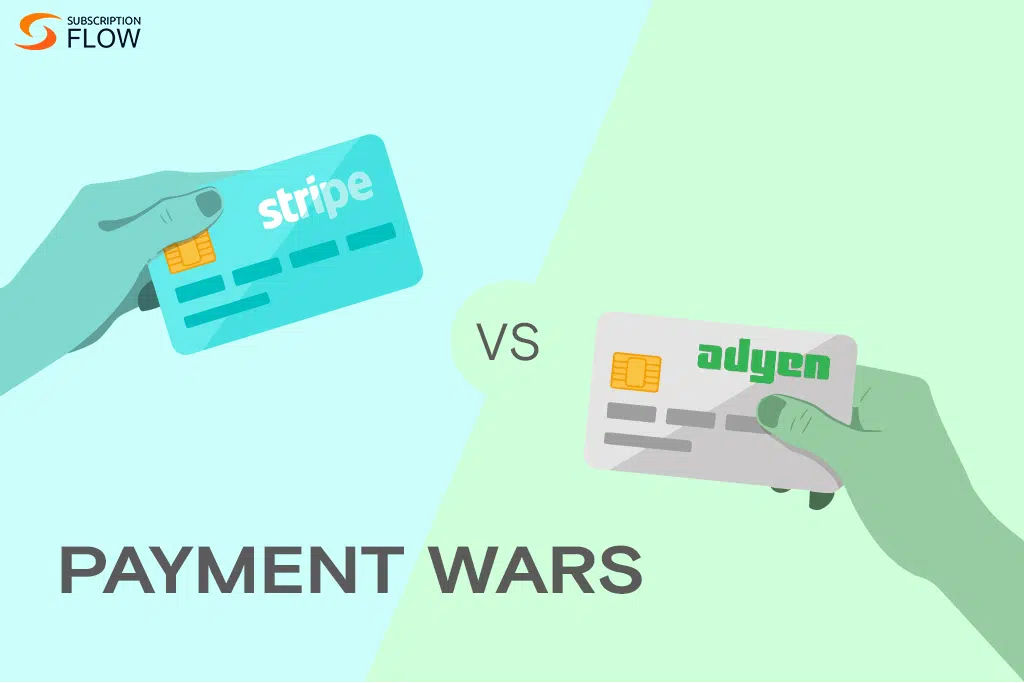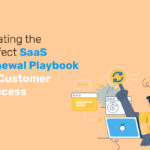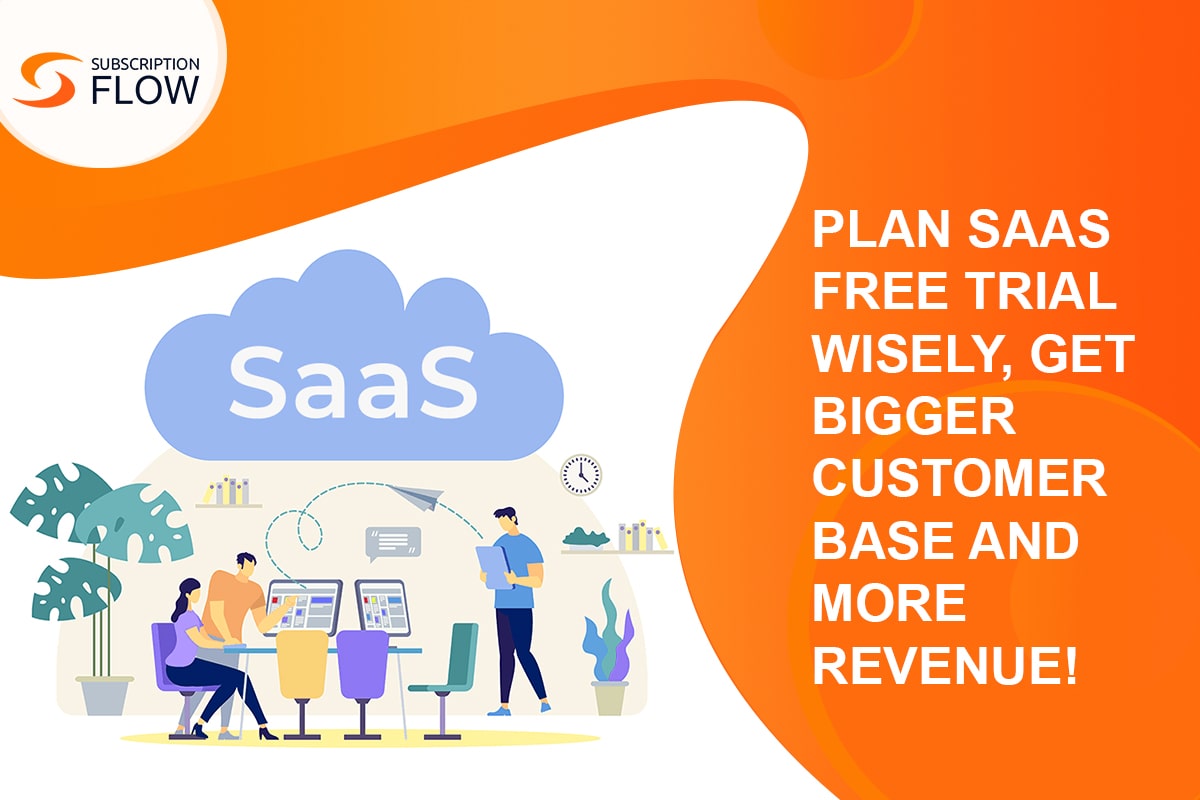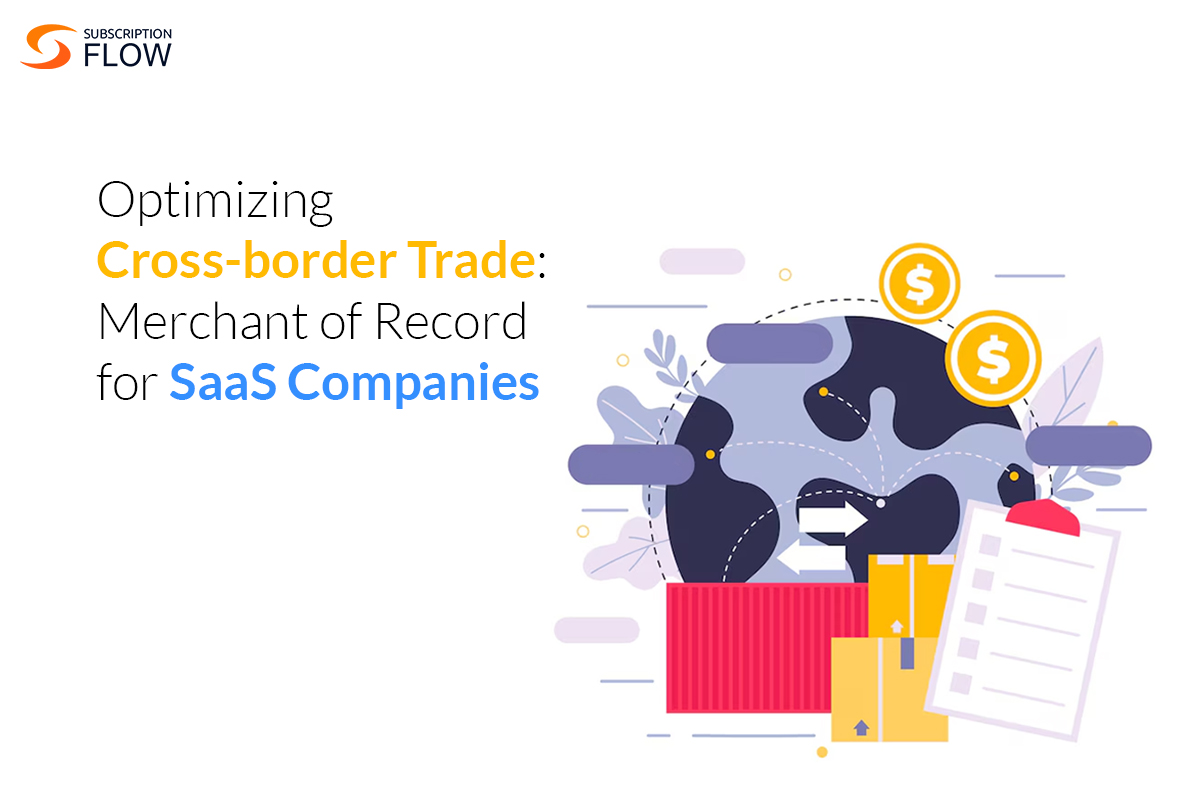
Optimizing Cross-border Trade:Merchant of Record for SaaS Companies
The rapidly changing digital economy has led to a growing demand from SaaS businesses based in the US for more straightforward ways to handle international transactions. In this regard, the merchant of record for SaaS companies serves as an essential middleman, allowing SaaS providers and end users worldwide to transact financial transactions with ease. By giving the MoR for SaaS authority over tasks like paying taxes, processing payments, and conversions of currencies, SaaS companies are able to concentrate on their core services, improve customer support, and spur innovation in their products.
In this blog, keeping all this mind, we examine the crucial roles that MoRs play for SaaS companies, supported by actual case studies that demonstrate the advantages of these collaborations. We explore how MoRs simplify operations and open the door for global expansion, from handling currency conversions to processing transactions to navigating intricate tax laws. Furthermore, we clarified the significance of picking the appropriate MoR, describing the possible drawbacks of picking an inappropriate supplier and providing advice on how to make wise choices.
Read more: What Is Merchant of Record (MoR)? How It Can Become the Backbone of Your Online Transactions
Section 1: Why you may need a merchant of record for SaaS companies?
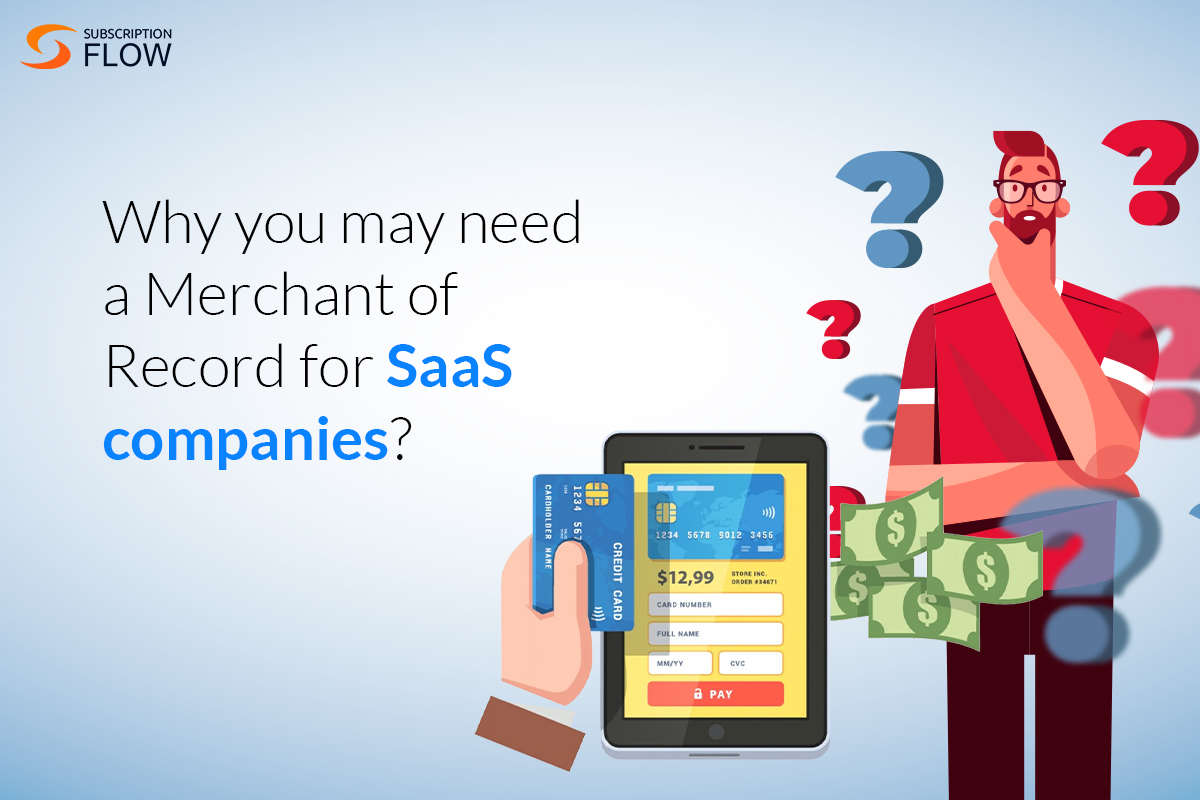
Businesses are turning to for simplified solutions for international transactions in the rapidly changing digital economy. That is exactly what a MoR provides, acting as a middleman between the supplier of SaaS and the final user. The MoR eases the burden of managing tax compliance, processing payments, and managing currency conversions by assuming responsibility for financial transactions. As a result, SaaS companies are able to concentrate on their primary services, improving customer support and product development. Therefore, collaborating with a MoR may be a wise strategic choice for SaaS companies hoping to increase market share while maintaining safe and legal financial operations.
In this section, we will be delving deeper into some of the most important functions of merchant of record for SaaS companies alongside helpful examples:
1. Processing of Payments:
Example:
Imagine there is an American SaaS company that offers its software to clients across the globe. They take cards of all kinds, PayPal, and various other online payment options for payments in a number of different currencies.
Challenge:
Handling payments from multiple nations requires juggling different banking systems, conversion rates, and legal requirements.
MoR-based solution:
The SaaS provider can delegate the task of handling payment processing to an MoR. Irrespective of the customer’s preferred payment method or location, the MoR oversees the intricacies of payment processing to ensure seamless transactions.
2. Tax Adherence:
Example:
Let’s say a SaaS business decides to branch out into European markets. Value Added Tax (VAT) requirements are among the many tax regulations and laws that are specific to each EU member state.
Challenge:
The company has to apply for VAT in several countries, abide by a variety of tax laws, and manage tax filings appropriately.
MoR-based solution:
Tax compliance issues are taken care of by the MoR. They minimize the hassle and danger of non-compliance by ensuring compliance to local tax regulations, registering for VAT in pertinent jurisdictions, and calculating and collecting taxes for the benefit of the SaaS company.
3. Converting currencies:
Example:
A Canadian SaaS company sells software subscriptions to clients in Asia, Europe, and Australia. Consumers pay with the foreign currencies (Yen, GBP, AUD) that correspond to them.
Challenge:
The SaaS company’s revenue certainty and profitability may be impacted by changing exchange rates and fees for conversion.
MoR-based solution:
The SaaS provider can accept transactions in just one currency (such as CAD) and provide localized valuing in each client’s currency by using a MoR. By managing conversions of currencies at competitive rates, the MoR protects the SaaS company from fluctuations in exchange rates and reduces conversion expenses.
Section 2: What happens if you choose the wrong Merchant of Record for SaaS Companies?
Choosing the appropriate (MoR) is essential for effective global billing. Despite the difficulties involved, making informed decisions guarantees more seamless operations and protects against unforeseen obstacles. This is why it matters what MoR you choose:
Customization Options:
Although MoRs provide complex payment options, there may not be much room for customization. Companies in need of customized solutions ought to choose MoRs such as PayPro Global, which offer features like multiple payment flows and branded checkout pages.
Cost Justification:
Although MoRs frequently require higher fees, these are justified by the value of the services provided. By working with a MoR, your company can avoid having to make large investments in infrastructure and personnel while still gaining access to vital services like chargeback management, tax compliance, and international payment handling.
Error control:
Working with untrained MoRs exposes companies to unanticipated mistakes that can negatively affect cash flow as well as profitability. Choosing experienced MoRs reduces the possibility of system malfunctions and guarantees professional assistance in urgent circumstances such as payment rejections or legal problems.
Integration Ease:
Because of the intricate infrastructure and time-consuming onboarding procedures, integrating with MoRs may be seen as difficult. Some MoRs, like PayPro Global, on the other hand, put an emphasis on user-friendly onboarding and have devoted support teams, so businesses can concentrate on their products while payment systems are integrated seamlessly.
Section 3: How having the ideal Merchant of Record for SaaS businesses can be of help to you?
The following are some ways that selecting the ideal Merchant of Record to see which will be can advance your company:
Various Payment Options:
To accommodate a wide range of consumer preferences and optimize the potential for online sales, choose a MoR that offers a variety of payment channels and currencies.
International Growth:
Collaborating with a Ministry of Resources offers the framework required for rapid international growth, skillfully handling regulatory compliance, tax intricacies, and market penetration.
Localized Payment Processing:
By using well-known payment methods and currencies, localized payment processing lowers errors and raises customer satisfaction.
PCI-DSS Compliance:
Make sure your MoR complies with PCI-DSS Level 1 requirements. This will protect payment security, build consumer confidence, and eventually increase sales while preserving your reputation.
Transparent Pricing:
To control costs effectively and prevent unforeseen charges, select a MoR with clear pricing structures.
Seamless Integration:
To facilitate integration and customization efforts, give priority to MoRs that offer streamlined onboarding procedures and specialized support teams.
24/7 Multilingual Support:
Having access to multilingual customer support around-the-clock guarantees prompt issue resolution, reduces chargebacks, and maintains customer relationships.
Chargeback Management:
Pick a MoR with the necessary resources to manage chargebacks successfully, avoiding revenue loss and preserving profitability.
Improved Checkout Experience:
Collaborate with a MoR that can increase conversion rates, improve user experience, and optimize checkout processes across devices.
Fraud Prevention:
To reduce risks and increase profits, collaborate with a MoR that offers specialized fraud prevention techniques.
Comprehensive Tax Management:
Make sure your MoR is skilled at handling international tax laws, reducing the likelihood of noncompliance and interruptions to business operations.
SaaS companies can maximize revenue streams, reduce risks, and promote growth by carefully assessing these variables and utilizing the knowledge and skills of their selected MoR.
Section 4: Why do SaaS companies in the US especially need MoR?
MoR offerings are a common tool used by US-based Software as a Service (SaaS) companies to expand internationally and streamline operations without getting bogged down in the complexities of cross-border transactions. Here are a few unique instances that show how MoRs help these kinds of businesses:
1. SaaS Analytics Platform:
Think of a Silicon Valley-based SaaS provider that provides cutting-edge analytics software to e-commerce companies. They can easily manage transactions from clients all over the world by working with a MoR. For example, the MoR intervenes to ensure a seamless transaction process if a French customer has a problem with a rejected transaction because of a local banking regulation. This frees the SaaS provider from having to handle each individual transaction and lets them concentrate on improving their analytics algorithms.
2. Project Management Software:
Take into consideration a Seattle-based SaaS startup that offers project management software designed specifically for remote teams. They don’t have to worry about the complexities of tax compliance when selling subscriptions to clients in other countries thanks to a MoR. For example, the MoR handles the refund process in accordance with local regulations when a consumer from Japan inquiries a reimbursement for a subscription, saving the service provider from having to deal with Japan’s tax regulations and refund policies.
Cloud-based HR Solution:
For this point, let us imagine a SaaS company in New York City providing global companies with a cloud-based HR solution. They can guarantee seamless cross-border payment processing for their clients by collaborating with a MoR. The MoR manages the dispute resolution procedure in the event that a German client is the target of an unauthorized transaction attempt, protecting the SaaS provider from the intricate legal ramifications of global fraud cases. This frees the SaaS provider from having to deal with legal disputes and lets them concentrate on enhancing the functionality of their HR software.
CRM Tool:
Now, let us say there is a San Francisco-based software as a service (SaaS) company that offers an CRM system for small businesses. They can easily increase their customer base internationally by partnering on a MoR basis. The MoR spares the SaaS business the hassle of comprehending and abiding by tax laws in every nation they service by guaranteeing that they abide by Australia’s GST (Goods and Services Tax) regulations when an Australian customer comes across a taxation issue during checkout. This frees up the SaaS company to focus on improving their CRM software instead of figuring out complex tax laws.
In each of these instances, US-based SaaS companies can concentrate on inventiveness and product development by collaborating with an MoR, leaving the intricacies of cross-border trade, paying taxes, and dispute payments to the professionals. Their long-term success and rapid global expansion are facilitated by this symbiotic relationship.
Read more: The Significance of Merchant of Record in Modern Business Transactions
The bottom line:
Selecting the appropriate MoR is crucial since it can mean the difference between smooth operations and unanticipated difficulties. SaaS businesses can fully utilize the possibilities of MoRs to support their long-term success and worldwide expansion by giving them careful thought and making educated decisions.
At SubscriptionFlow, we provide customized MoR solutions to optimize operations and spur business expansion because we recognize the special requirements of SaaS companies.
Schedule a demo with SubscriptionFlow right now to learn how our knowledge and offerings can help your SaaS company succeed in the international market.
